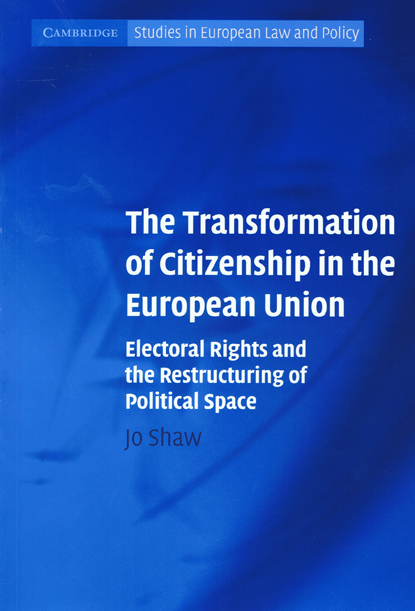
This book examines the electoral rights granted to those who do not have the nationality of the state in which they reside, within the European Union and its Member States. It looks at the rights of EU citizens to vote and stand in European Parliament elections and local elections wherever they live in the EU, and at cases where Member States of the Union also choose to grant electoral rights to other non-nationals from countries outside the EU. The EU's electoral rights are among the most important rights first granted to EU citizens by the EU Treaties in the 1990s. Putting these rights into their broader context, the book provides important insights into the development of the EU now that the Constitutional Treaty has been rejected in the referendums in France and the Netherlands, and into issues which are still sensitive for national sovereignty such as immigration, nationality and naturalization.
Provides the first extensive study of electoral rights of EU citizens following the EU Treaties of the 1990s
Contextualised examination promotes a fuller understanding of the development of the Union following the ‘failure’ of the Constitutional Treaty
Explores wider issues of immigration, nationality and naturalization vital for our comprehension of citizenship